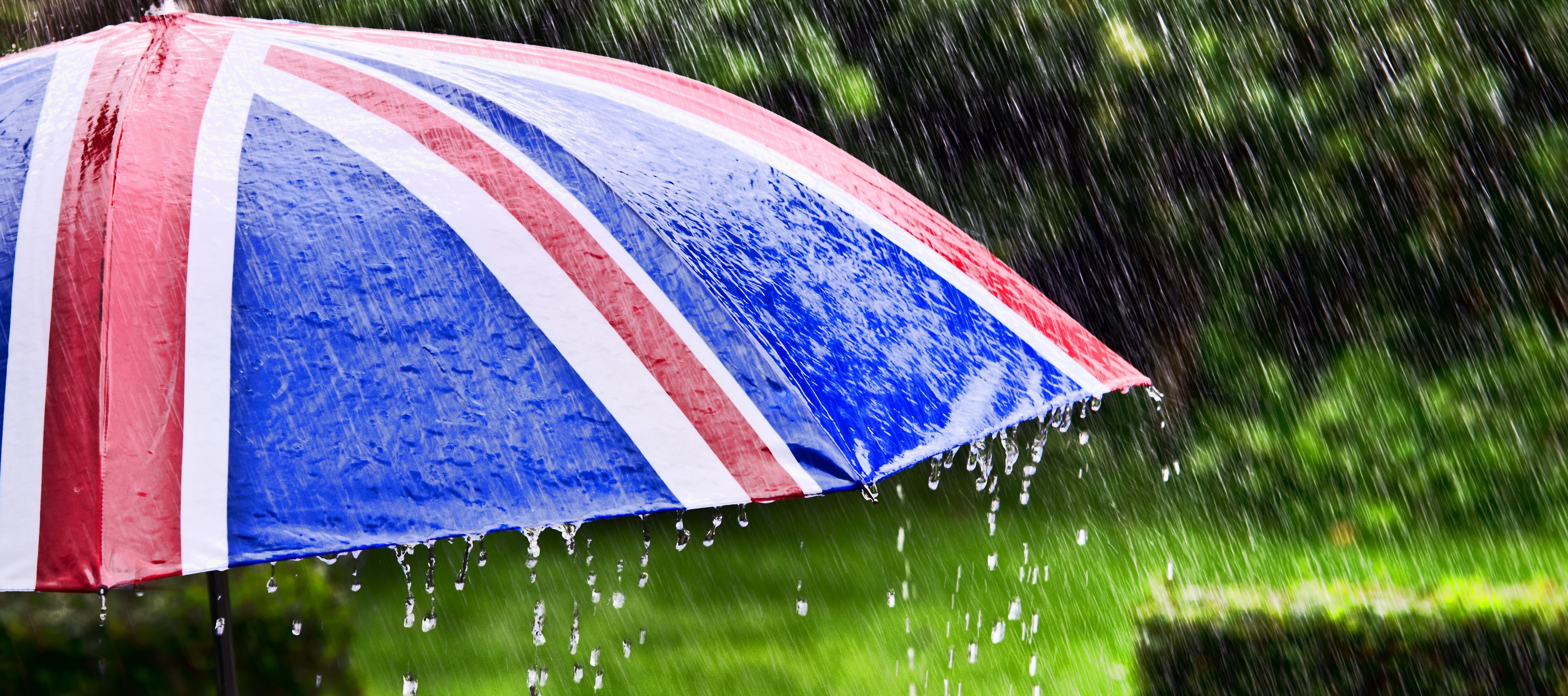‘Global warming’ – so why isn’t it warm?
The seemingly never-ending exam season has finished, and it’s time to breathe a sigh of relief and relax for the three long months of summer. After the hours of being locked away in the library and descending in to madness, we can finally step outside of our last exam with the blue skies beckoning. But, in the back of everyone’s mind is a fear of the notorious British summer striking once again. Too many times have we seen rain in July and had to bring back out our jackets in August. Is it just a harsh reality that we may never experience a proper summer here in the UK?
Global warming is one of the most important, and hotly debated, environmental issues around today. The phrase Global Warming is generally accepted to refer to climate change as a result of human activities, such as the burning of fossil fuels or deforestation. In establishing the cause and resulting effects of global warming, the science behind it must first be understood.
There are two streams of radiation to be considered – the radiation from the Sun that heats the Earth’s surface, and the heat radiated back to space from the Earth and its atmosphere. These streams of radiation should be balanced, but are not due to the greenhouse effect. This is due to the effect of greenhouse gases (gases such as CO2 released from burning fuels) absorbing the radiation emitted back from Earth. This prevents the heat from being released back in to space, thus warming up our atmosphere.
So, surely the heating up of our atmosphere suggests that the Earth will warm and we’ll finally get the hot summers we’ve been long awaiting? It’s possible, but not quite so simple. Projections and simulations predict a temperature rise of between 2°C-6°C. This may seem like a wide range and not a particularly high increase, but even this small rise in temperature will have huge implications. For example, the temperature difference between the middle of an ice age and the warmer periods in history is just 6°C.
Also, this temperature increase may not necessarily lead to warmer summers. The jet stream that travels across the Atlantic is a stream of wind and rain. This stream usually passes above the UK meaning that we still get to enjoy hot summers. However, very recently, this jet stream has lowered and now passes right through Britain, leaving the country with widespread rainfall and far colder temperatures. This is perhaps the explanation for the snow that fell in some of the country just last month. It has been suggested that global warming is the cause of the jet stream’s movement, with ice from the Arctic melting and moving south, pushing the jet stream down towards the UK.
However, it is not certain that the jet stream will remain in this position. If not, then Britain could once again experience summer, and perhaps summers better than ever before. The Climate Research Unit has predicted an average yearly temperature increase of up to 2°C and a decrease in rainfall during the summer months.
Does this mean we can finally make summer plans without the fear of bad weather? Possibly, but due to the uncertainties in the simulations, we cannot be entirely sure. Weather and climate are difficult to predict with weather being an almost chaotic system. Due to the jet streams surrounding Britain, the ice caps melting in the North and the average world temperature increase, it’s difficult to predict exactly what will happen in the UK. In addition, the suggestion that climate change is human-caused is frequently contested, and so whether or not the changing rate of greenhouse gas emissions is included in the models will have a huge effect on the predictions.
So, if it’s a hot summer you are desperate for, perhaps waiting for global warming is not the most reliable or astute of solutions. Nothing is guaranteed here in Britain, and the effects of climate change will have far more serious repercussions than just snow in May. Perhaps try and make your mark on preventing Britain’s bad weather and the worldwide disasters by decreasing your energy use. And if it’s a blistering hot summer you want, staying in England may not be the best choice.

Comments (1)